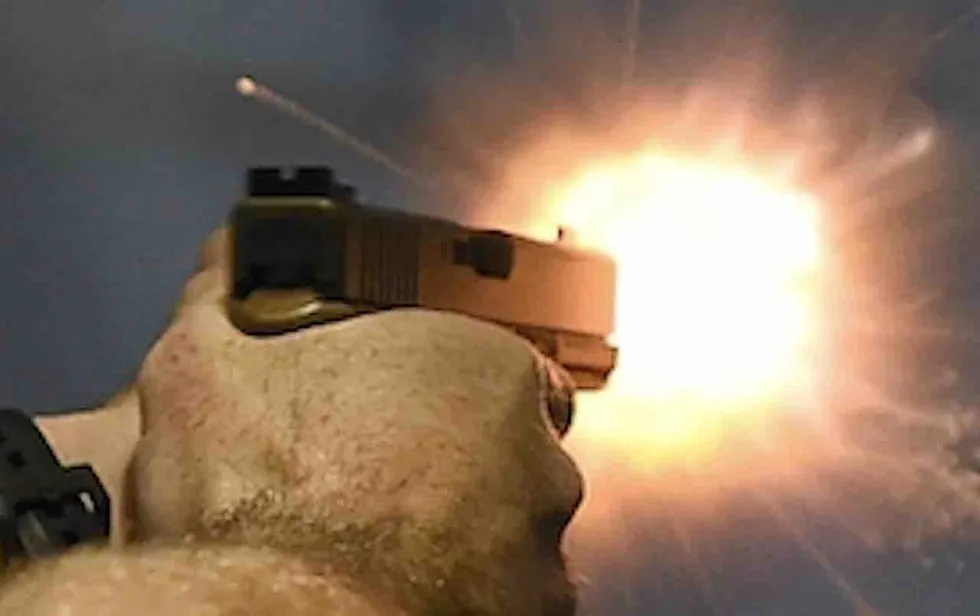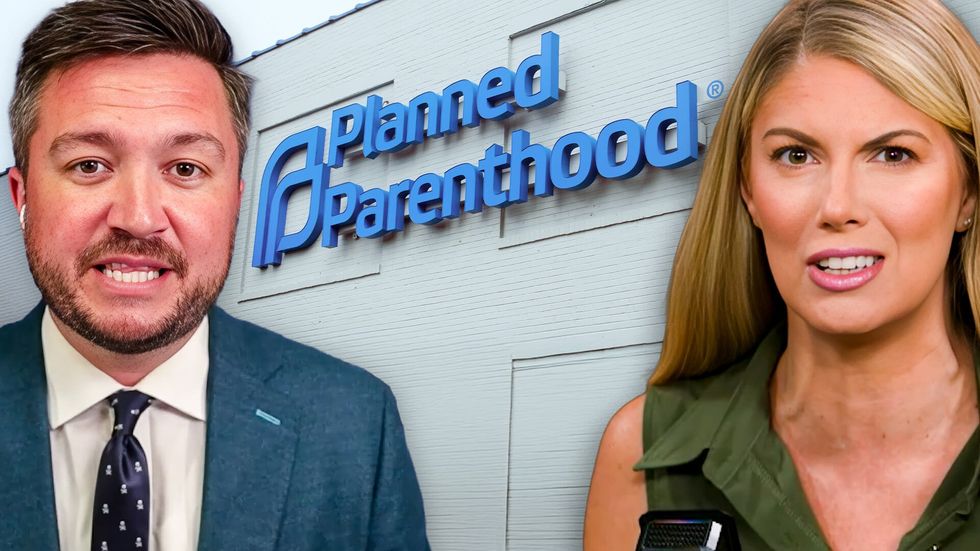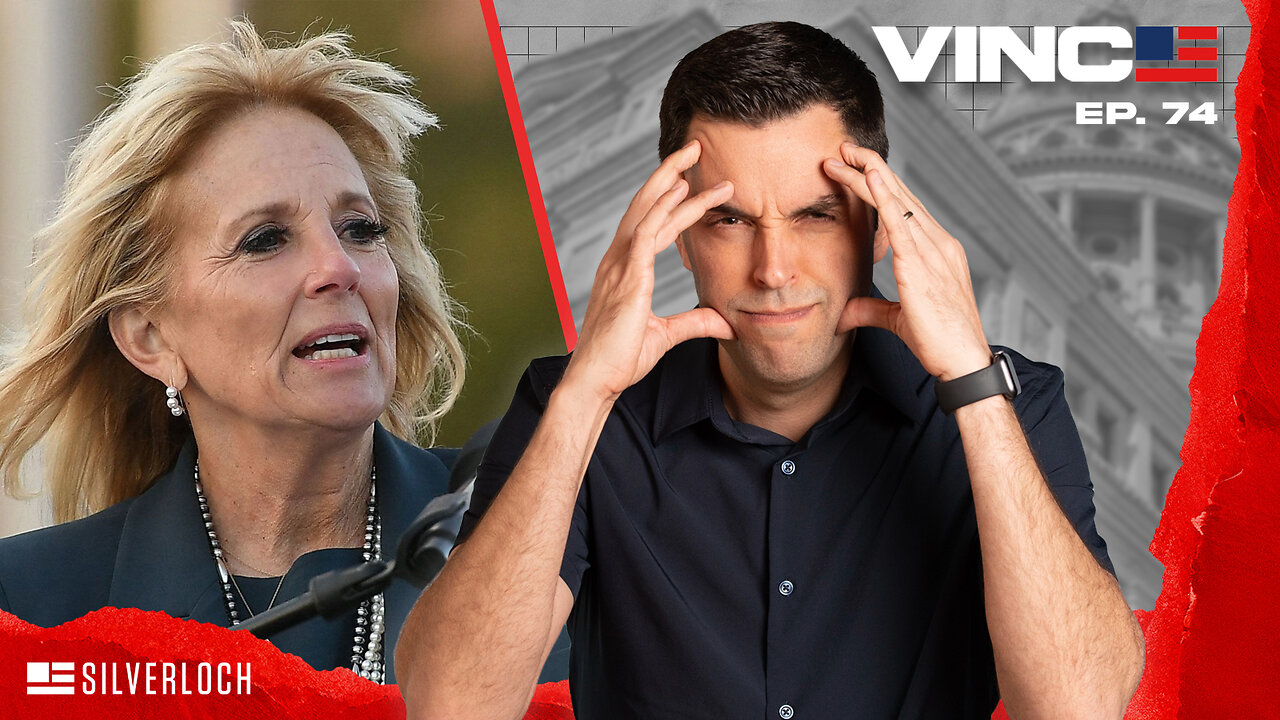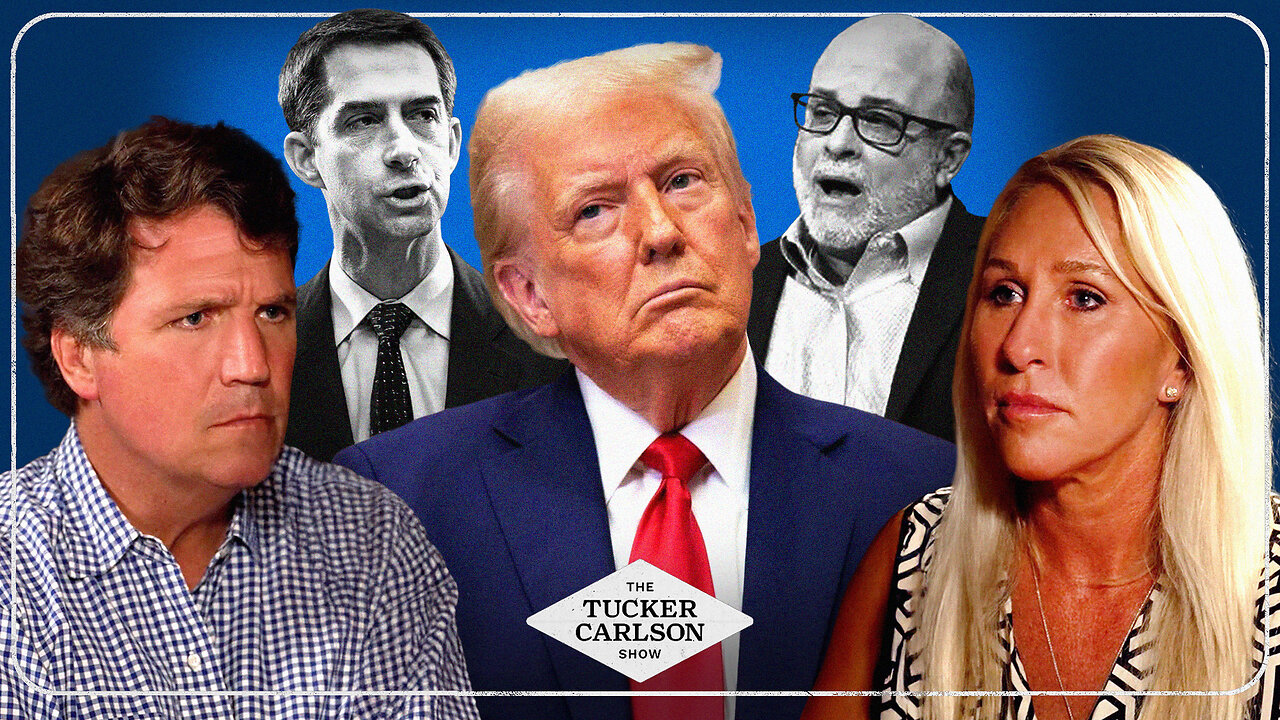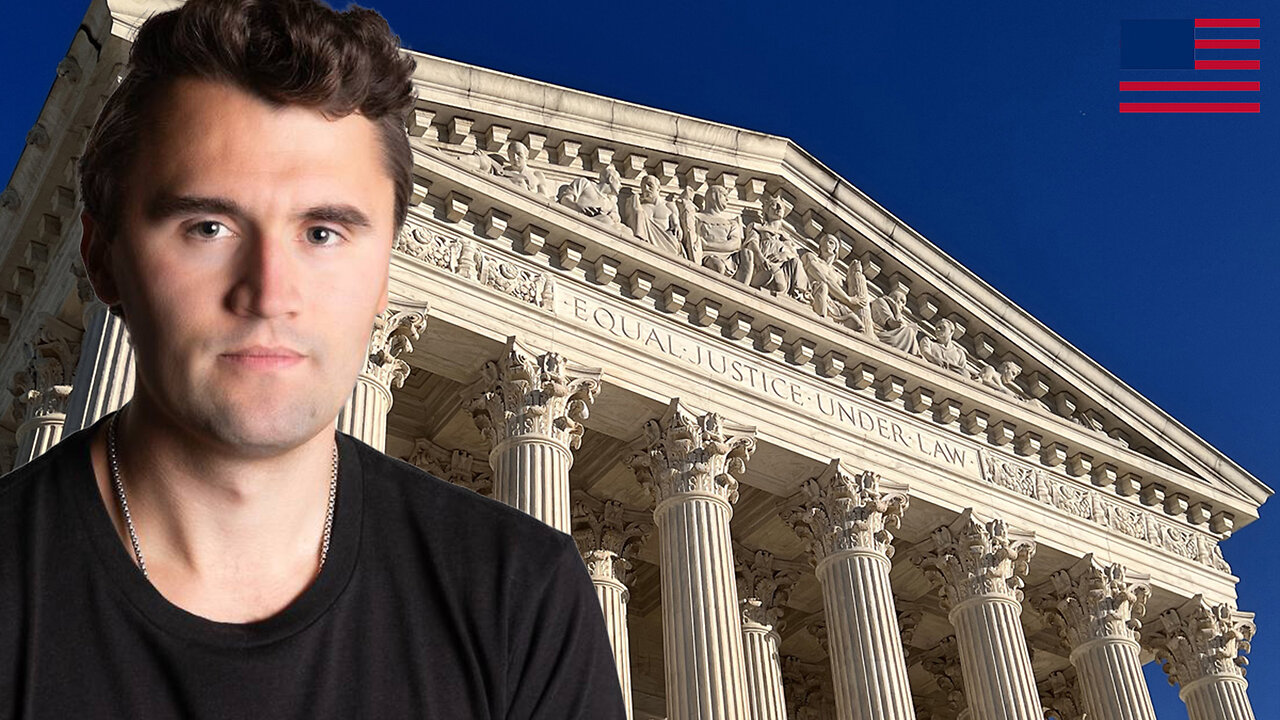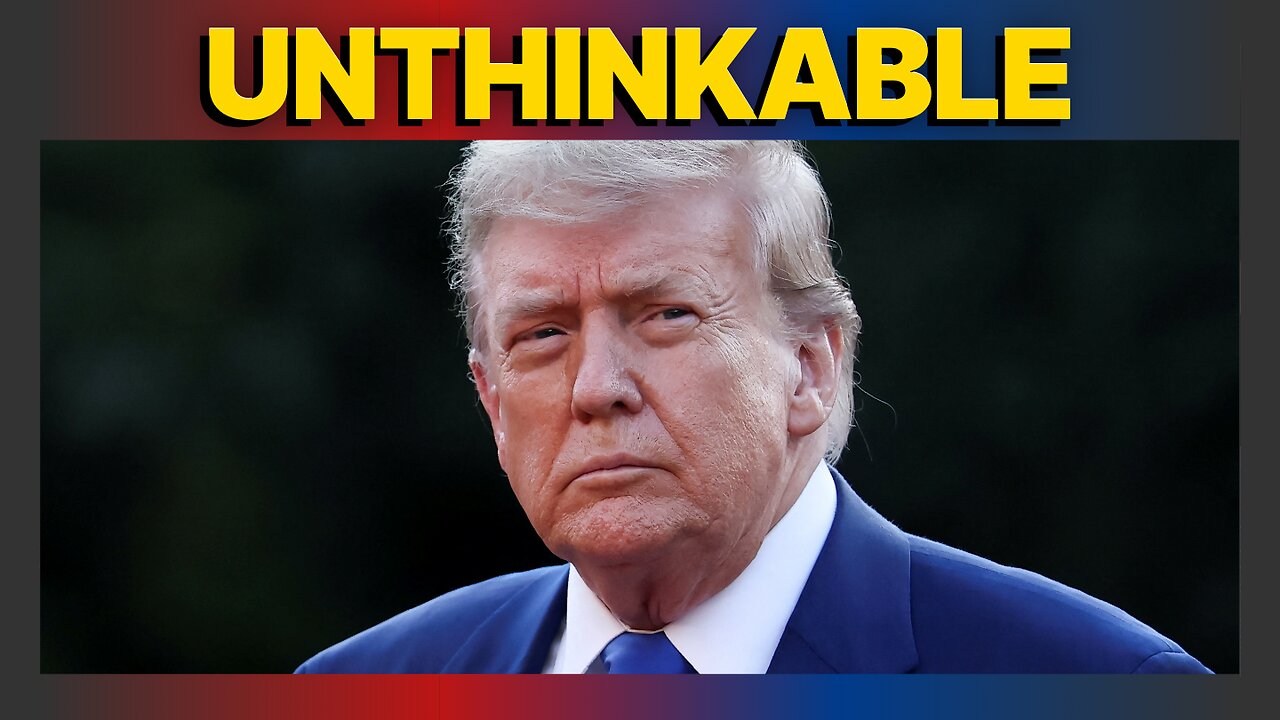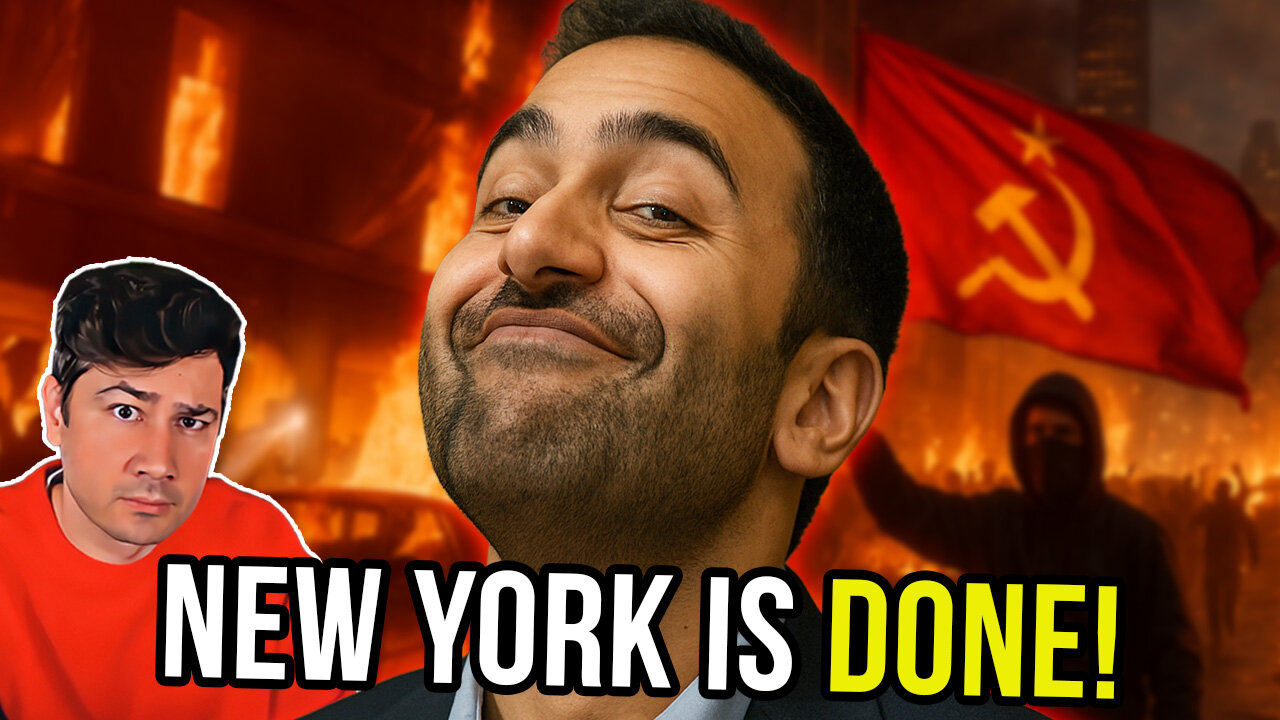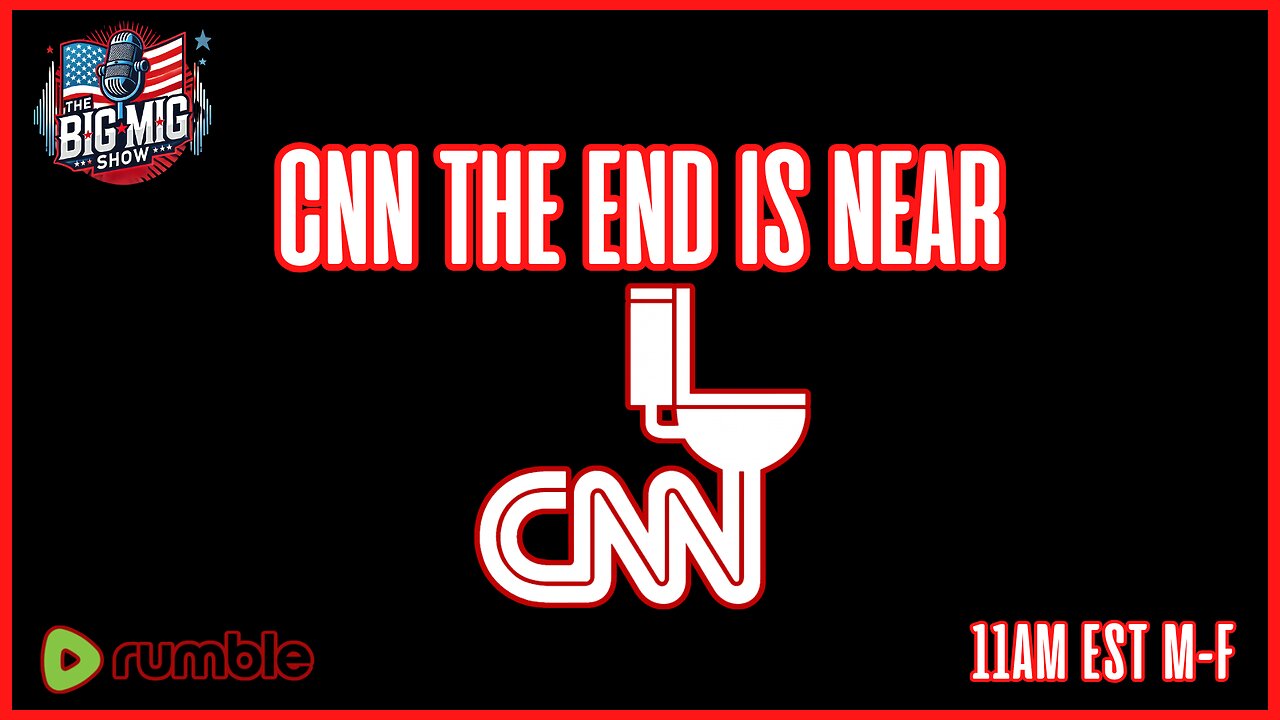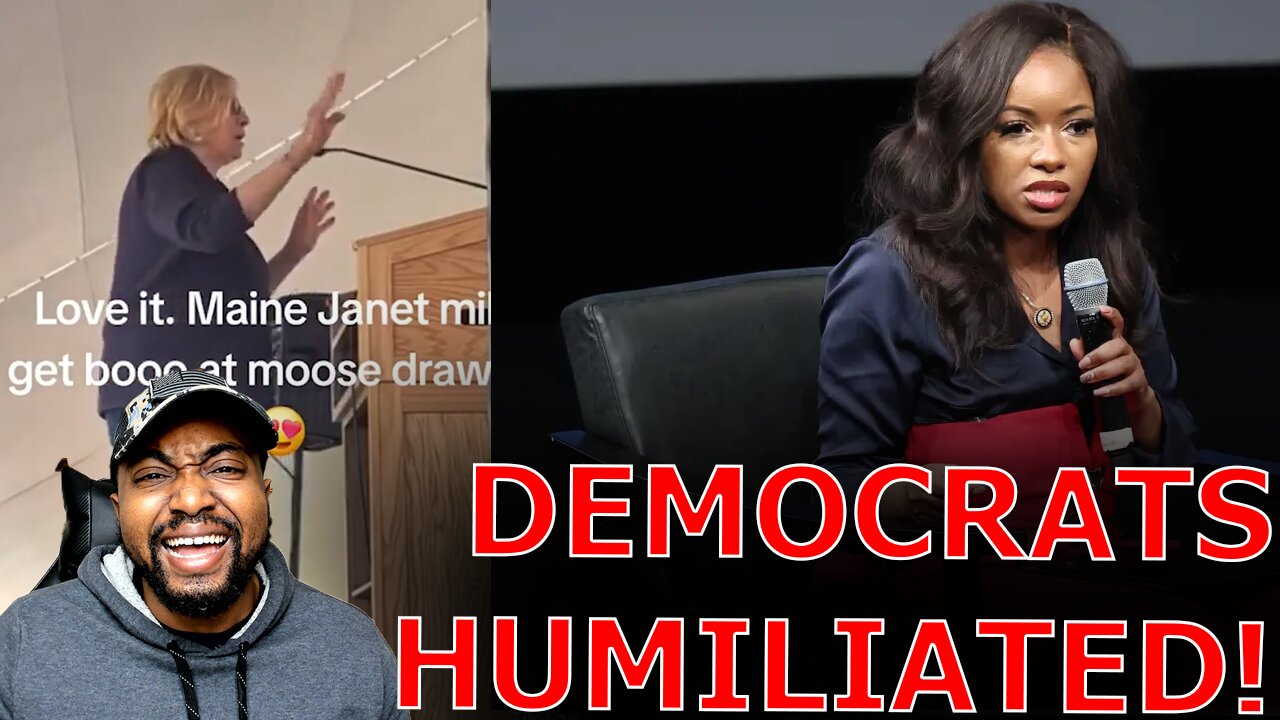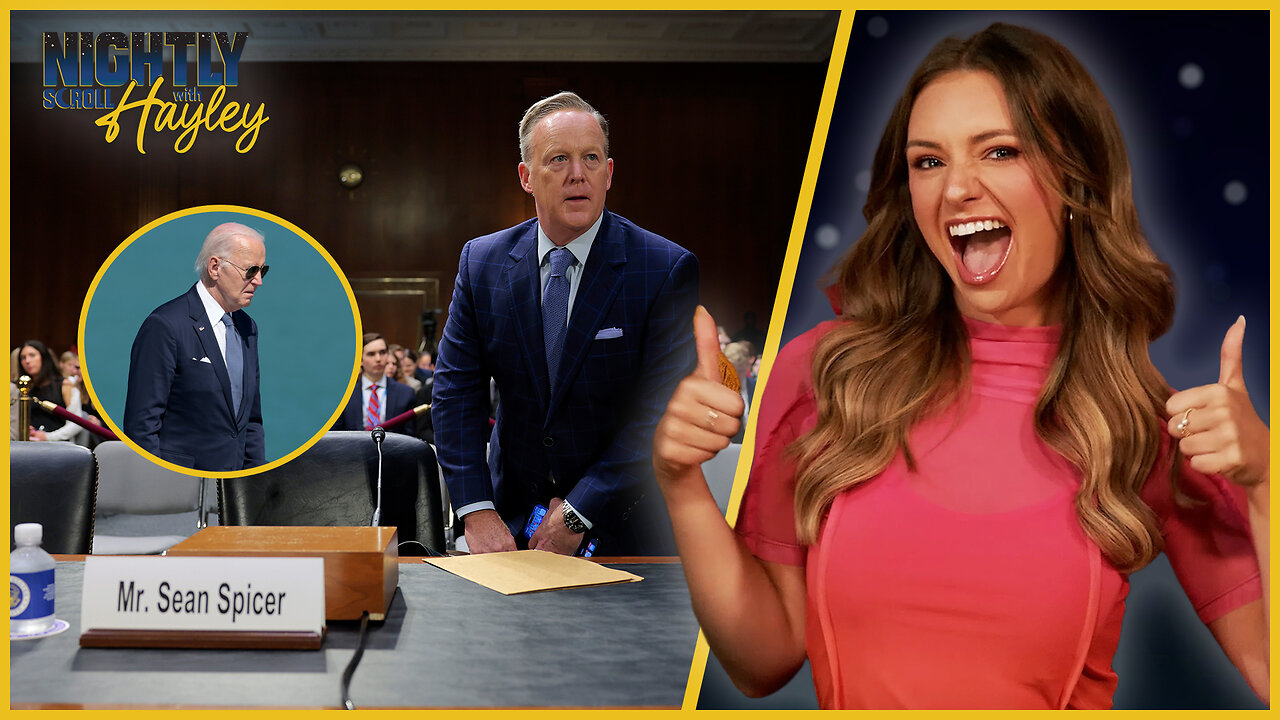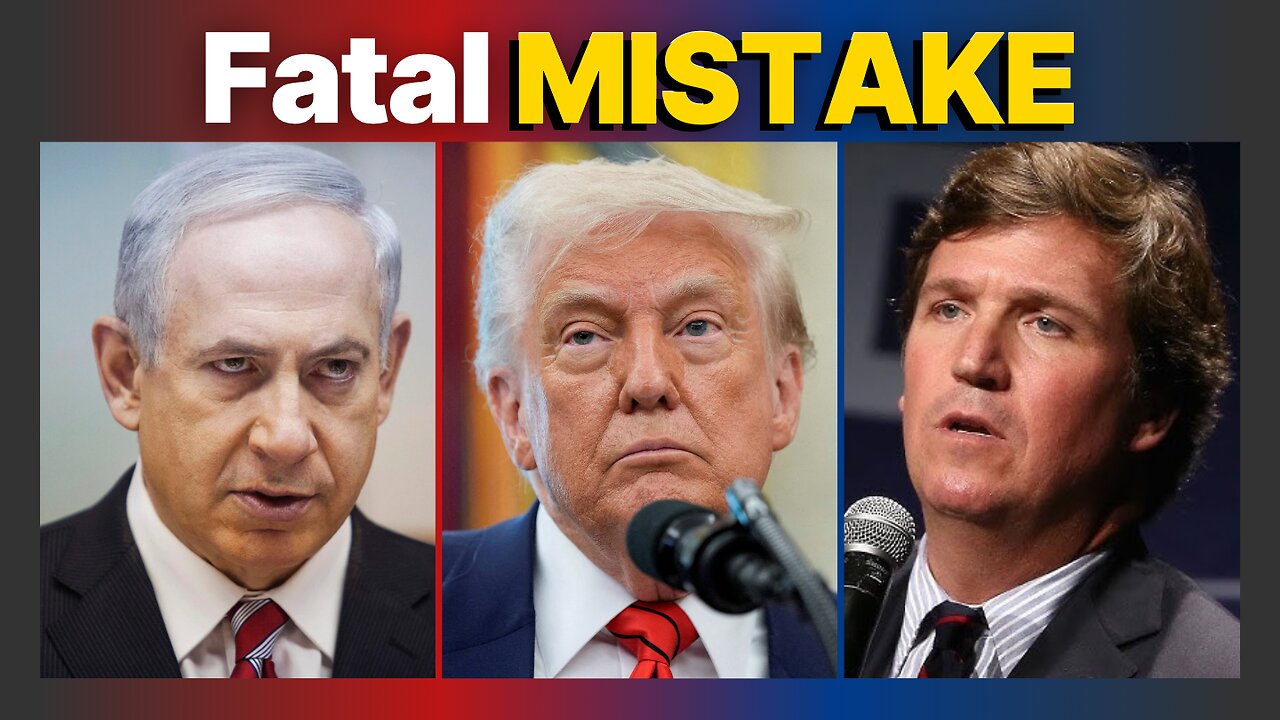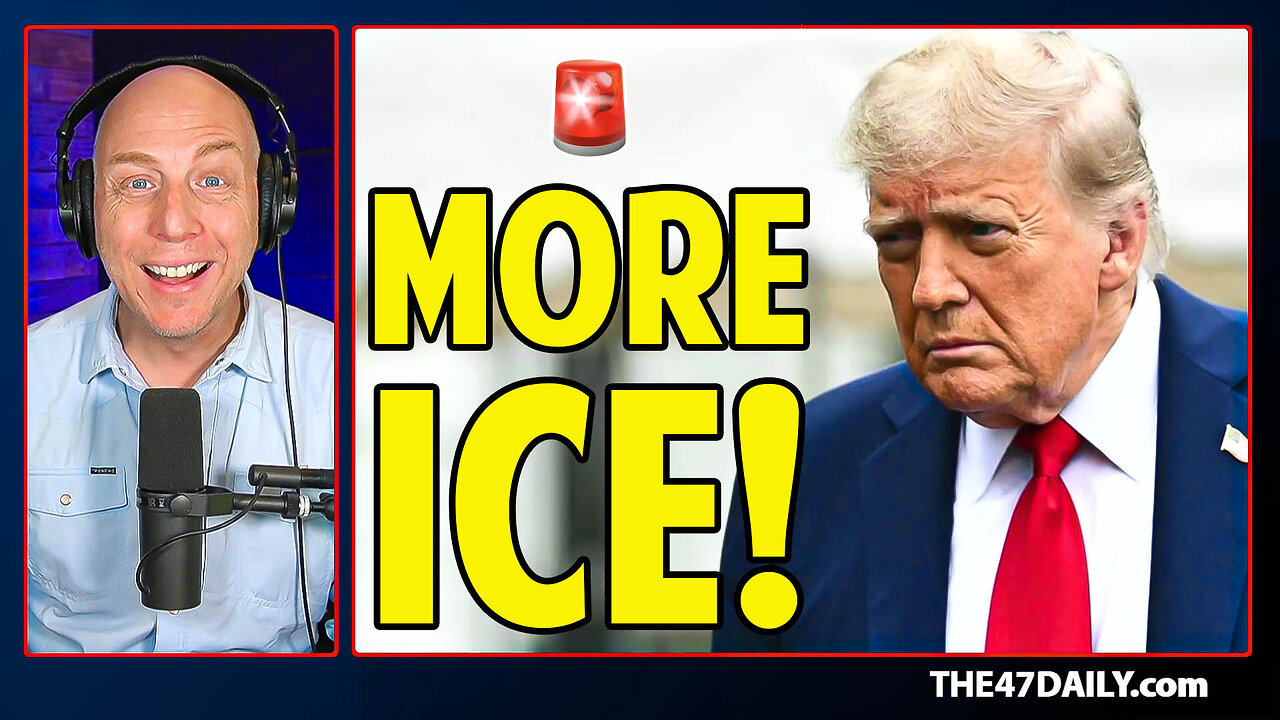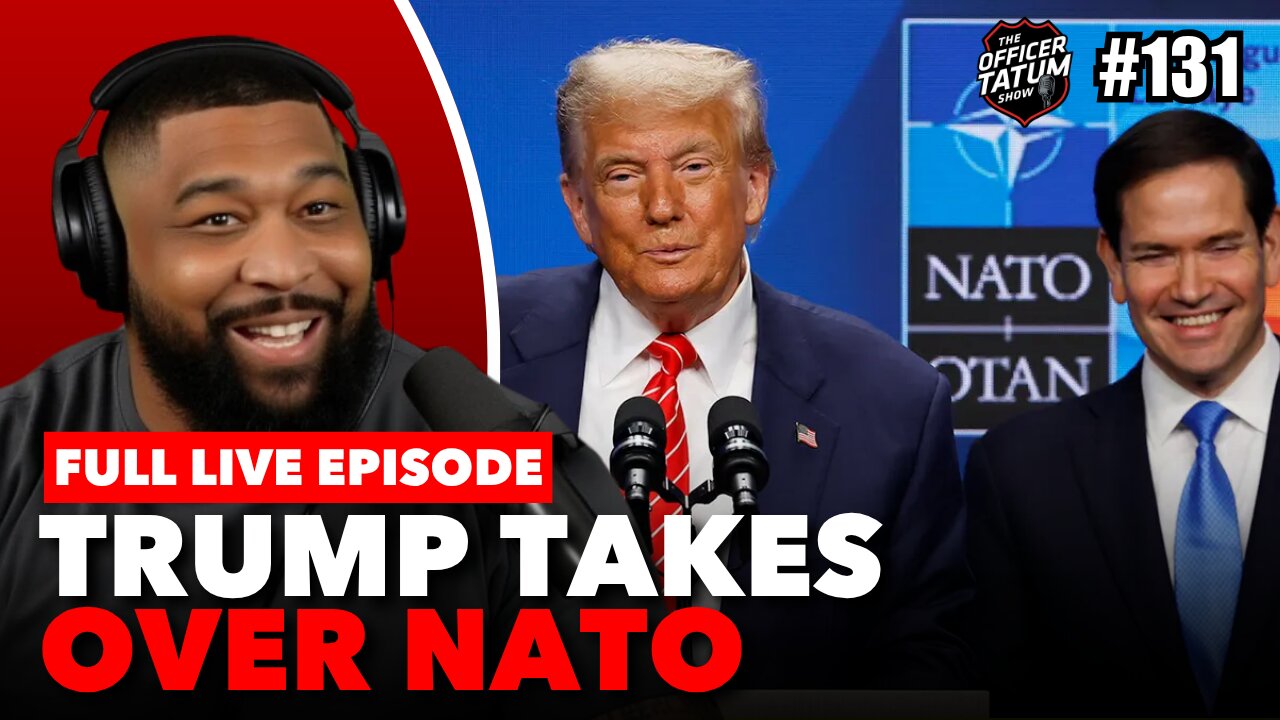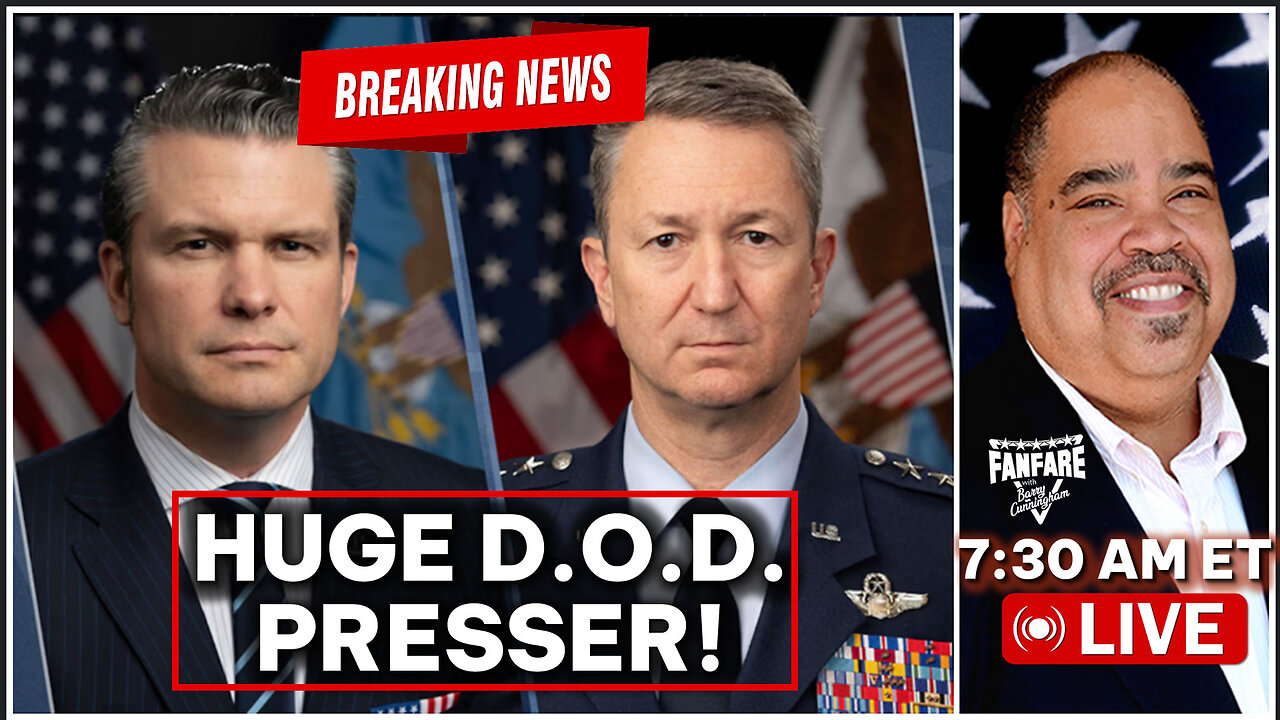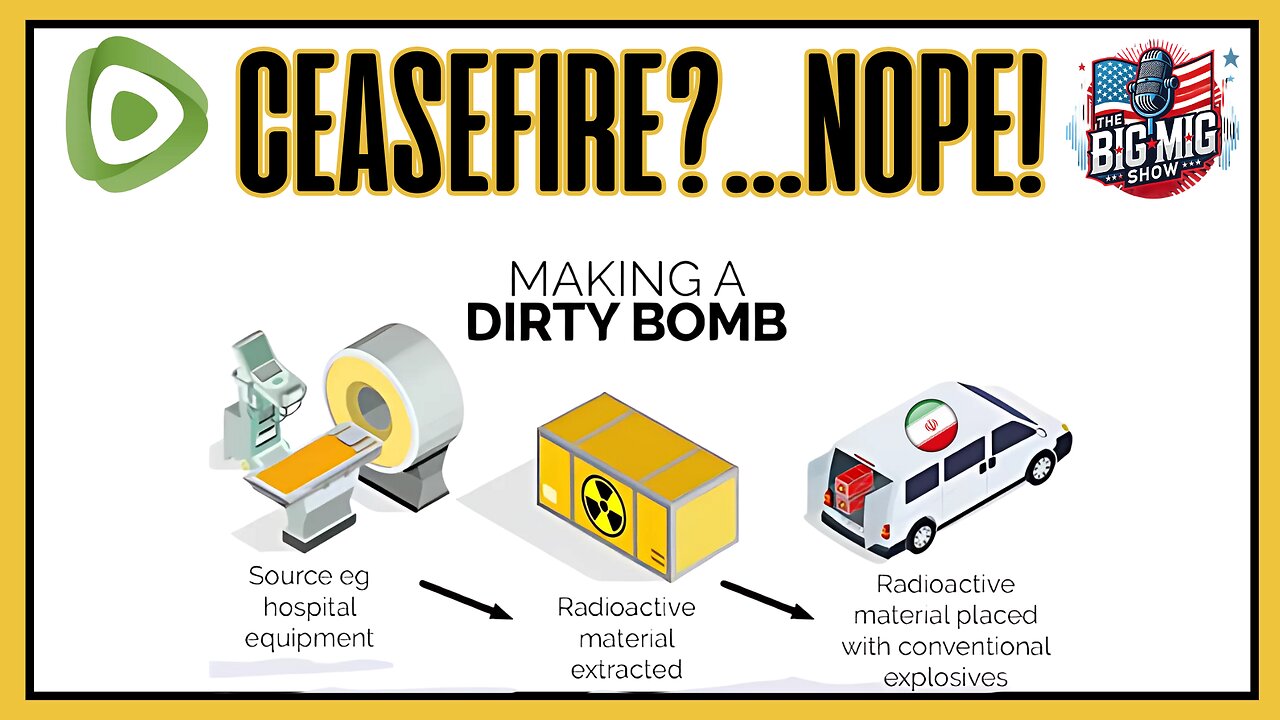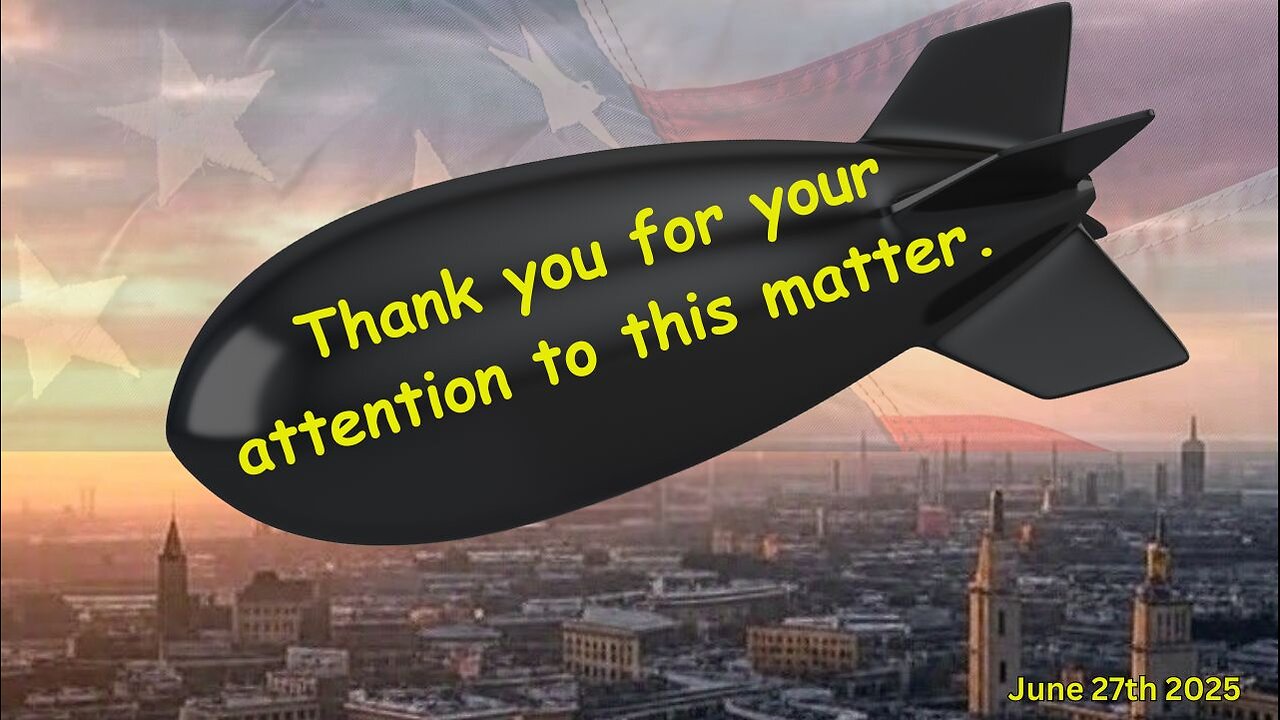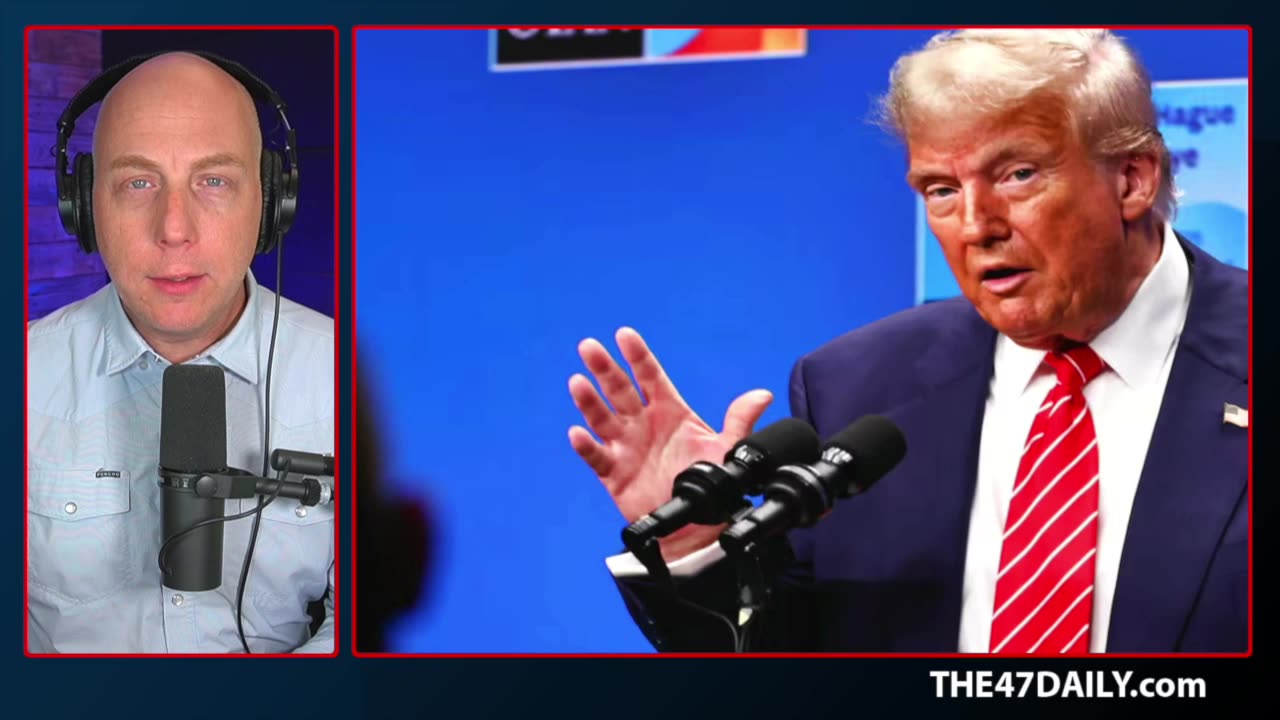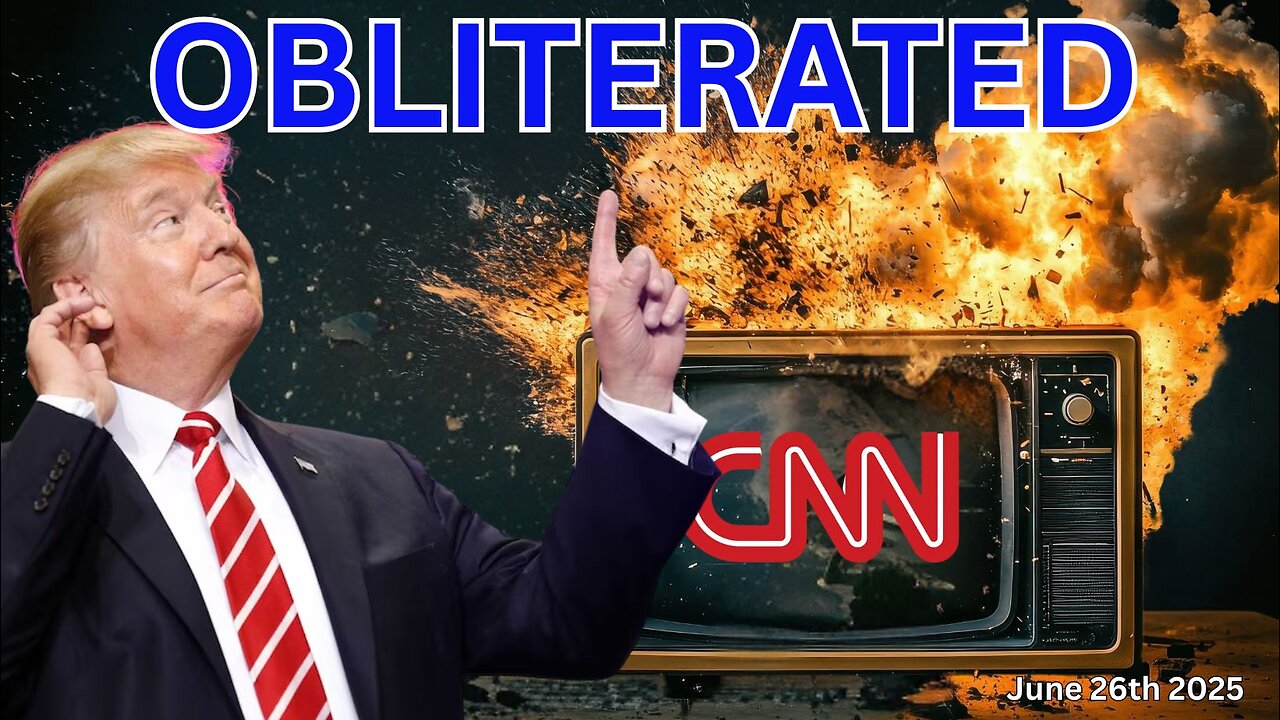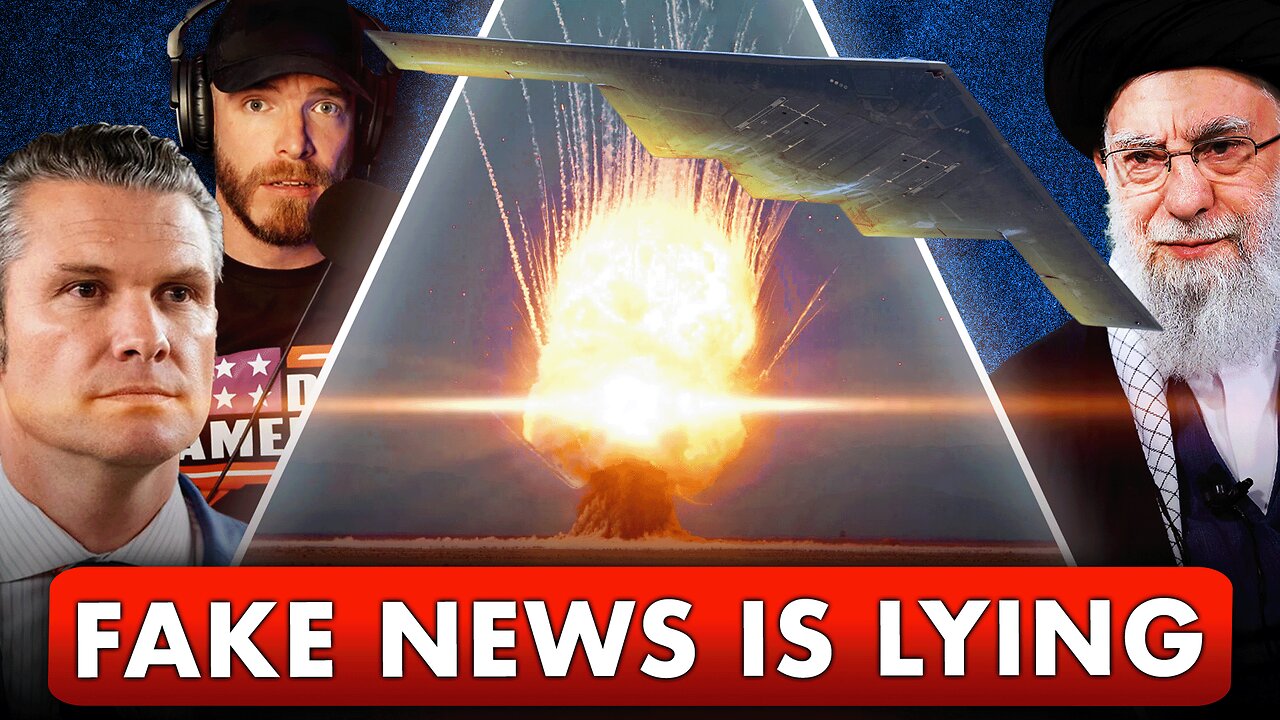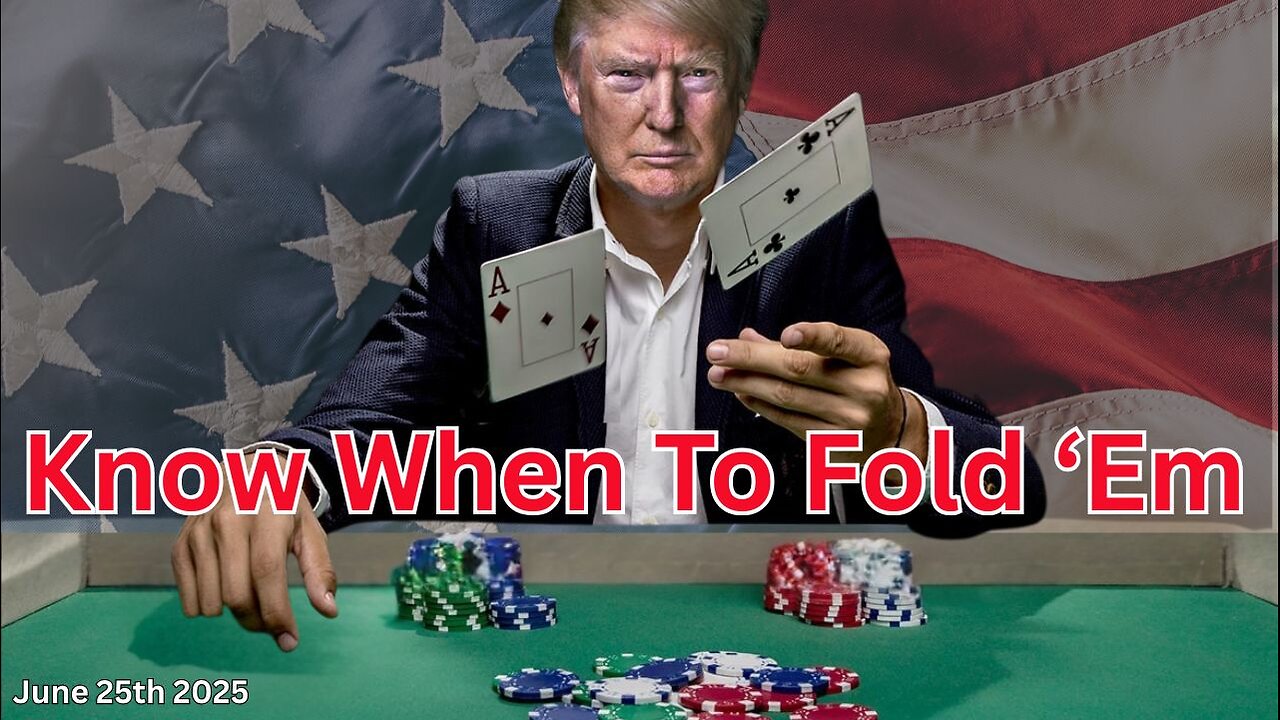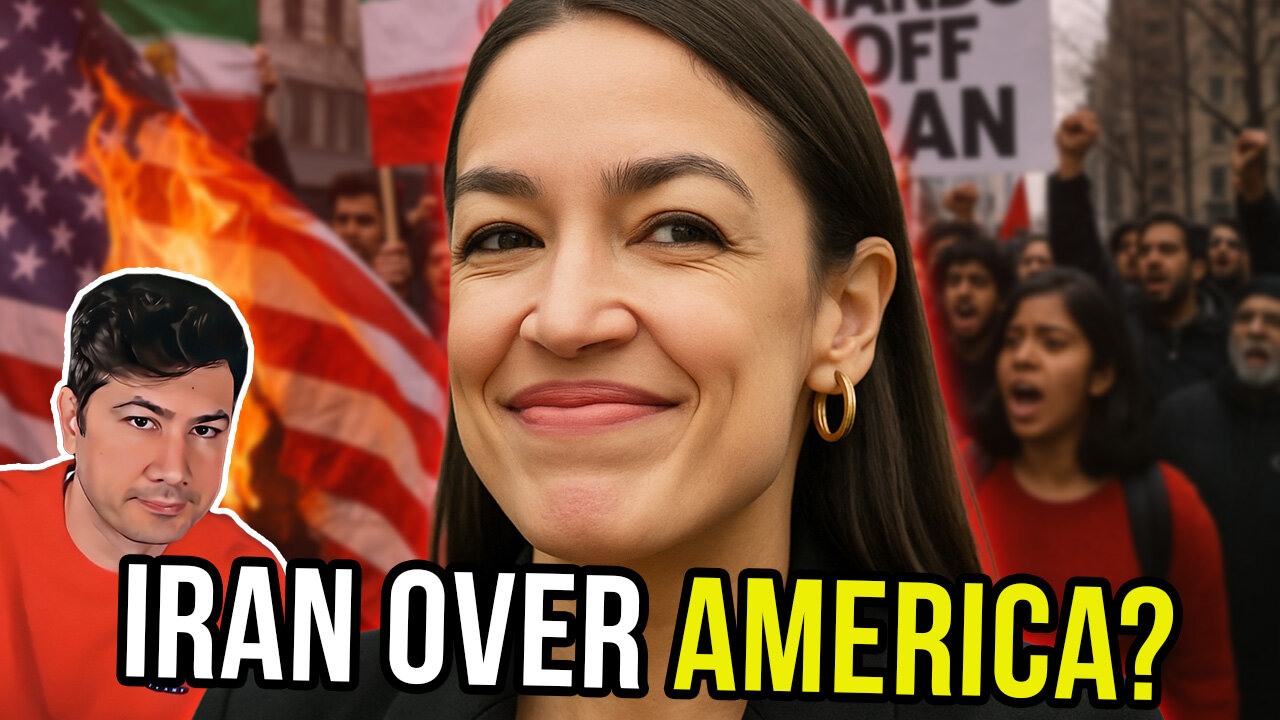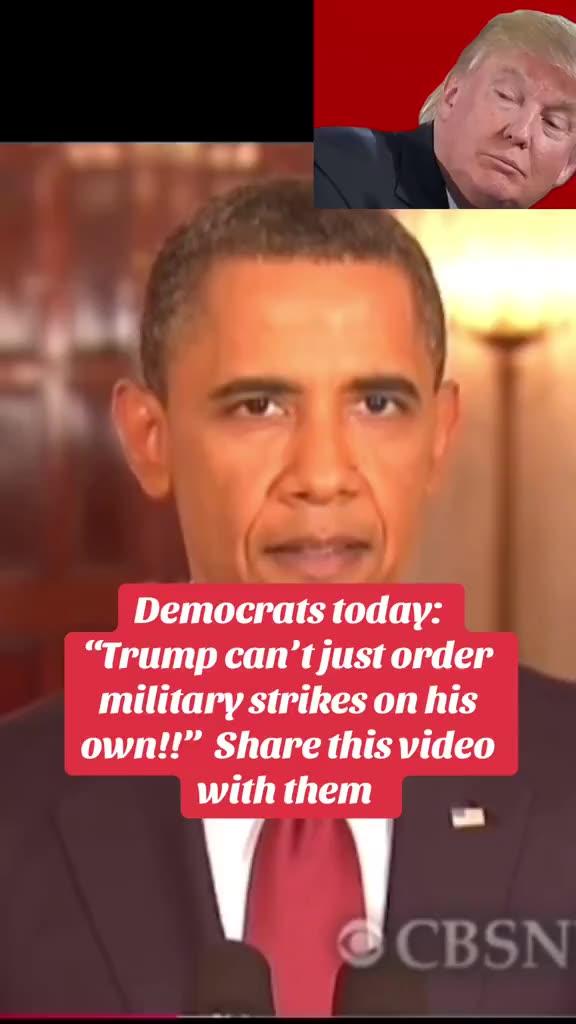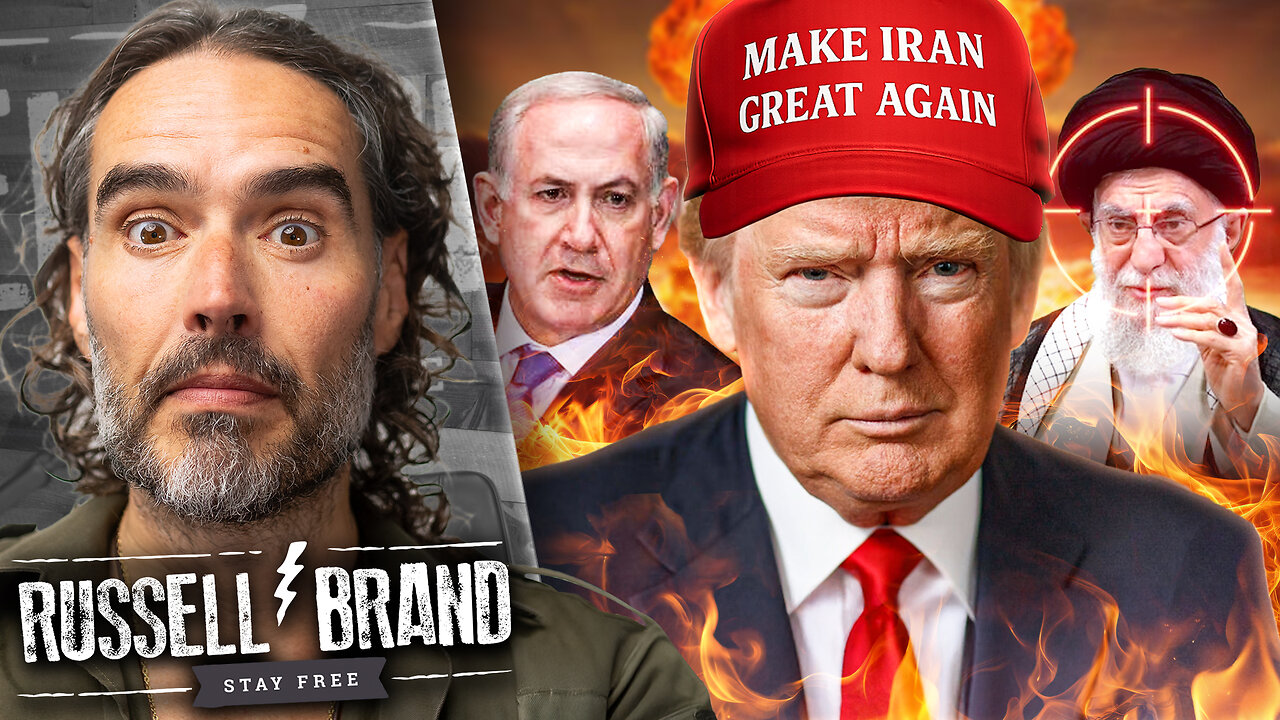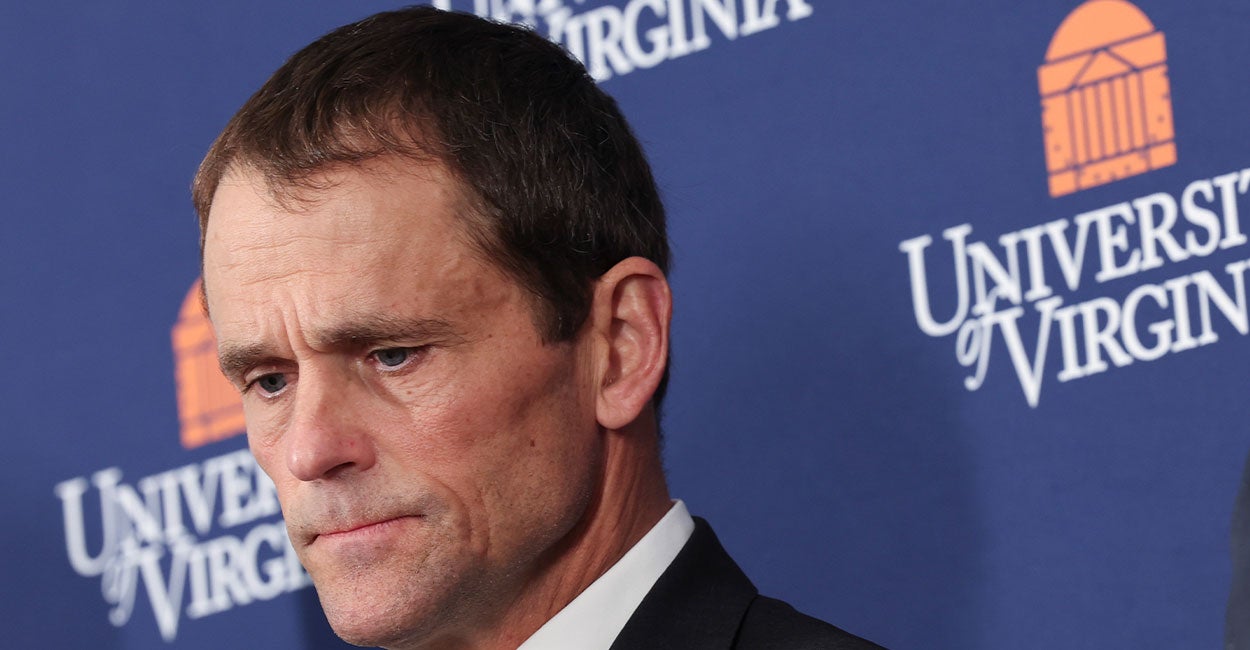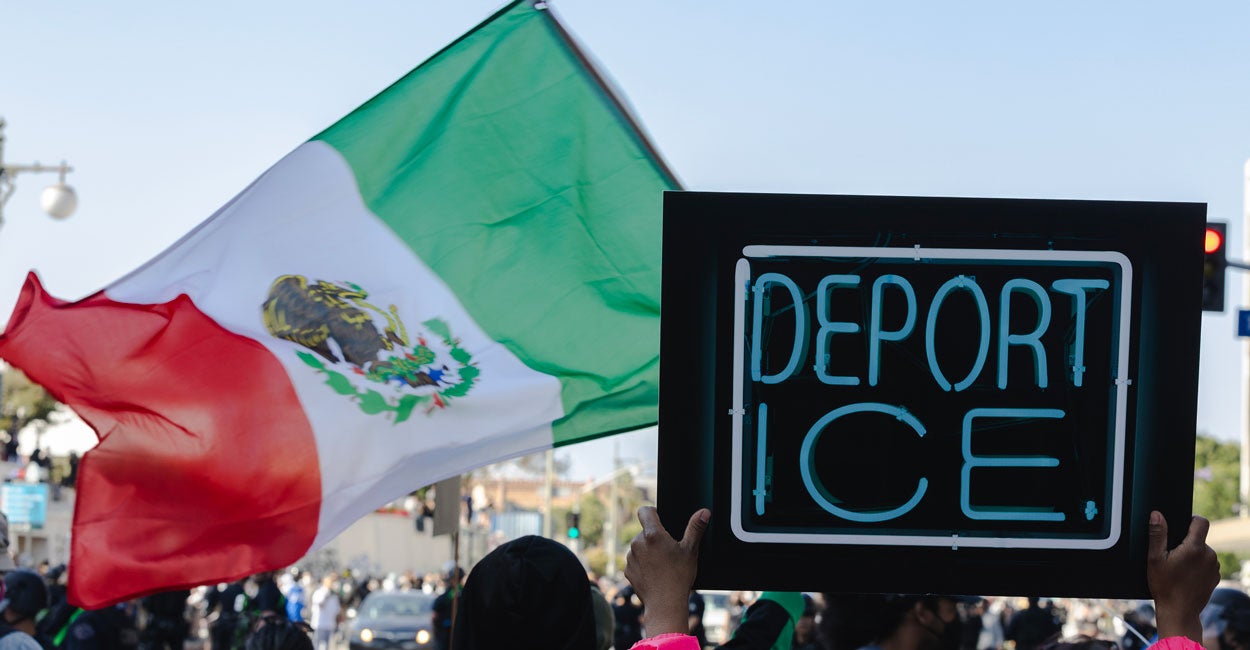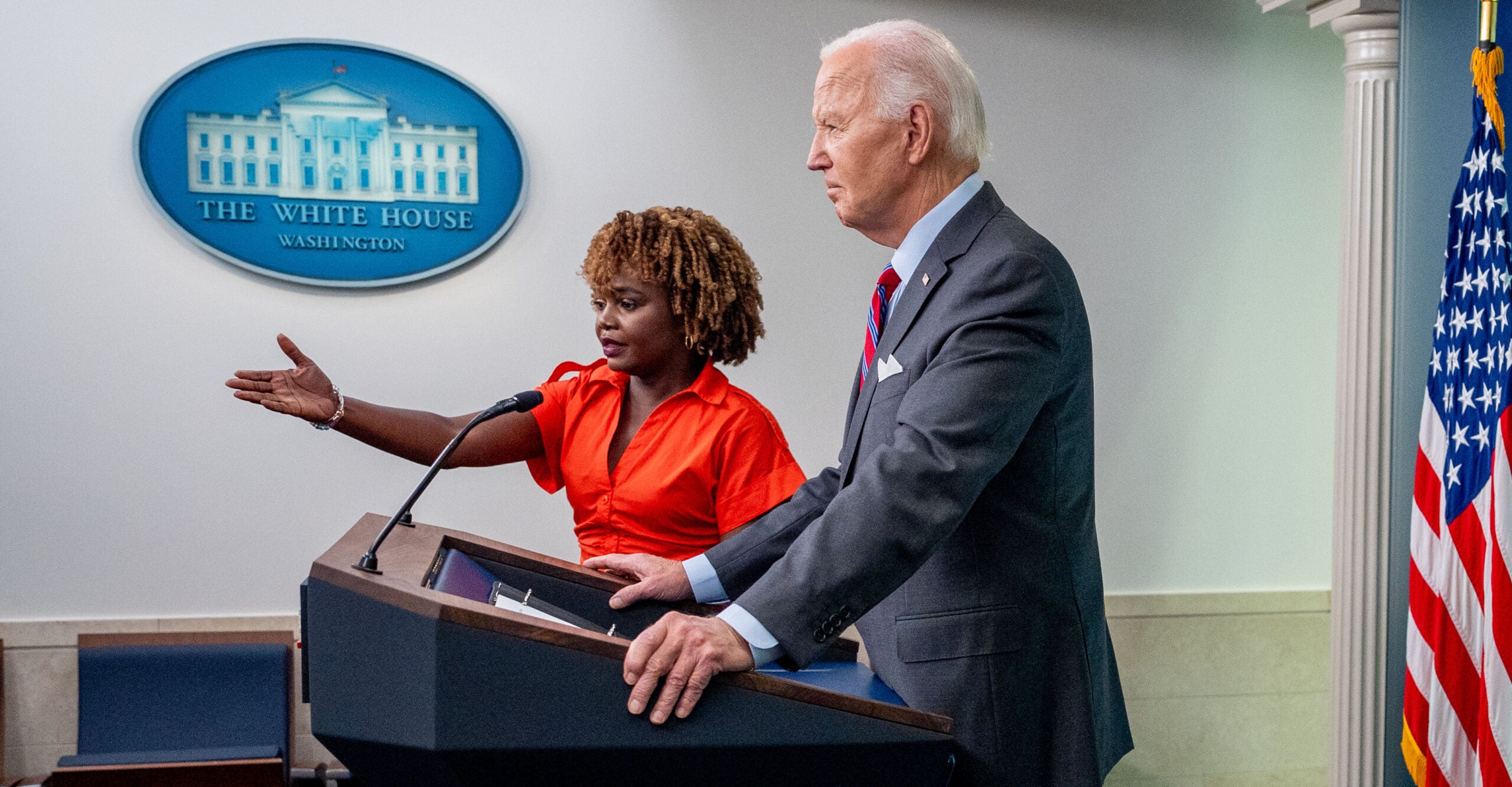Exposed: how Washington engineered the Ukraine crisis — and pushed us to the brink of World War 3
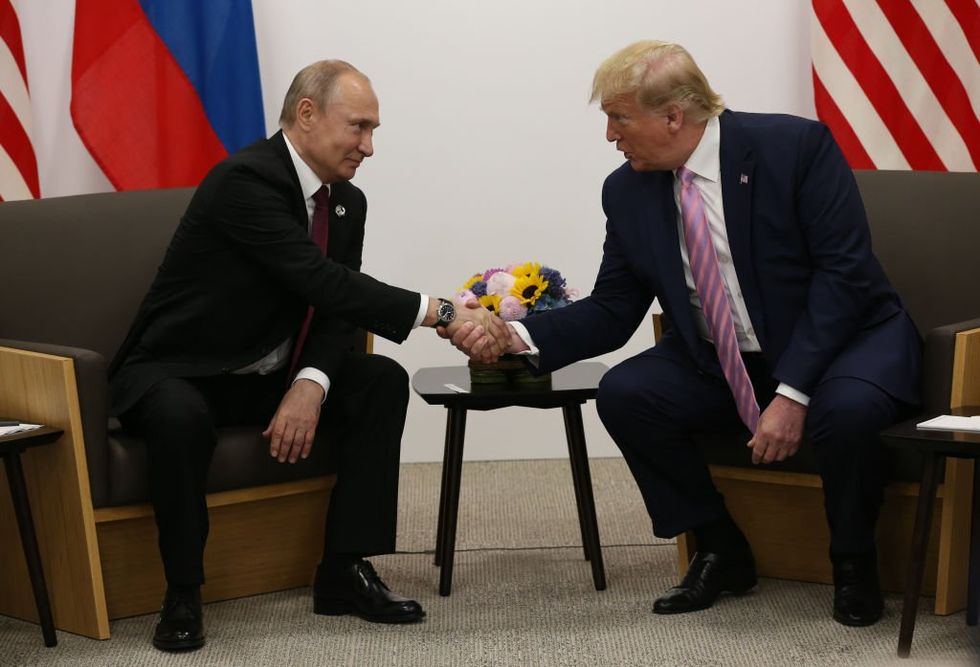

Joe Biden is rushing to do as much damage as possible before leaving office.
Along with bailing out his son, he’s racing to funnel billions of taxpayer dollars to Ukraine. Rather than de-escalating tensions or seeking a resolution to the conflict, Biden seems hell-bent on edging the world closer to the precipice of World War III. This is not hyperbole.
‘Trump must be brutally honest with the American and Ukrainian people, just as he had the courage to do in the case of Afghanistan.’
Scott Horton, the author of “Provoked,” delivers an unflinching and meticulously-researched critique of U.S. foreign policy, laying bare how Washington reignited Cold War tensions with Russia and set the stage for the current crisis in Ukraine.
In telling the story of how successive administrations pursued policies designed to antagonize Russia, dismiss its security concerns, and provoke the conflict that now rages, Horton — who was recently accused of being a Russian propagandist on "Piers Morgan Uncensored" — leaves no stone unturned.
His inescapable conclusion? Deliberate choices led to this dangerous impasse.
Let’s be clear: Ukraine cannot and will not defeat Russia — not now, not ever.
Say this aloud, however, and you’re instantly labeled a Putin sympathizer. But Horton is no Kremlin crony. He’s ruthlessly logical, a voice of reason cutting through the propaganda-fueled chaos.
If you care about facts over feelings, read "Provoked," his 1,000-page takedown of the mainstream narratives driving Europe — and the world — toward catastrophe. Packed with over 6,000 footnotes, Horton methodically exposes the geopolitical moves that have brought us to the edge of extinction.
A betrayal rooted in the Cold War's end
The seeds of the Ukraine crisis were sown in the early 1990s at the end of the Cold War. U.S. officials assured Soviet leaders that NATO would not expand eastward — a promise never formalized but understood as sacrosanct by key figures like Mikhail Gorbachev.
Horton points to former Secretary of State James Baker’s assurance to Gorbachev that NATO would move "not one inch eastward" beyond Germany. That was a brazen deception. By the mid-1990s, NATO was incorporating former Warsaw Pact nations, beginning with Poland, Hungary, and the Czech Republic.
Boris Yeltsin, Russia’s first post-Soviet president, cautioned Bill Clinton in 1994 that NATO’s expansion would undermine trust and fracture Europe once more.
"NATO was created in Cold War times," Yeltsin argued. "Today, it is trying to find its place in Europe, not without difficulty. It is important that this search not create new divisions, but promote European unity. We believe that the plans of expanding NATO are contrary to this logic. Why sow the seeds of distrust? After all, we are no longer adversaries; we are partners.”
His plea fell on deaf ears. Horton underscores the gravity of this oversight, quoting George Kennan, the architect of Cold War containment, who warned that NATO expansion would be “the most fateful error of American policy in the entire post-Cold War era.”
Horton tells Align that “the truth is that since the end of the last Cold War, successive administrations have pushed their so-called sphere of influence deep into Eastern Europe, expanding their military alliance, in violation of solemn promises and agreements, up to Russia's borders.”
He continues, outlining a pattern of provocations:
“They’ve overthrown governments friendly to Russia, including Ukraine’s — twice in the Bush and Obama years. They’ve installed anti-ballistic missile defense systems from suspicious dual-use-capable launchers, supported Kiev's war against the 'rebels’ of the east, and continued to threaten to integrate the nation into the NATO alliance, against all the best advice of leaders of the U.S. foreign policy establishment who knew better all along.”
“These are not Russian talking points,” Horton emphasizes, “any more than they are a justification for Putin’s 2022 invasion and subsequent war — not at all. But they are the truth, and enough to undermine the lie that the Russian president has simply decided 25 years into his presidency to reconquer Eastern Europe for no reason beyond his twisted sense of history and imperial Russian entitlement.”
Horton drives the point home: “He had always prioritized good relations with the West and allowed the status quo to hold in Crimea and the Donbas until Washington escalated the issue, time after time.”
Color revolutions and the road to Maidan
In his book, Horton lays bare the deep roots of Ukraine’s turmoil, tracing them back to the 2004 Orange Revolution — a moment Moscow saw not as a democratic awakening but as a Western power play.
To Russian leaders, this was no grassroots uprising. The West’s fingerprints were all over it, from financial backing of opposition groups to overt political support for Viktor Yushchenko, whose contested victory marked a shift away from Moscow’s influence. For Russia, the message was clear: The West wasn’t just knocking on its door — it was trying to kick it down.
A decade later, the 2014 Maidan Revolution turned simmering tensions into a full-blown geopolitical inferno.
Horton documents how protests against President Viktor Yanukovych’s decision to prioritize ties with Moscow over a European Union deal spiraled into chaos, aided and abetted by U.S. intervention. Yanukovych’s refusal to bow to Western pressure made him a target, and soon enough, he was ousted from power with Washington cheering from the sidelines.
Then came the smoking gun: a leaked phone call between Assistant Secretary of State Victoria Nuland and U.S. Ambassador Geoffrey Pyatt.
During the call, they candidly discussed handpicking Ukraine’s next leaders — proof that this was nothing more than a coup disguised as a wholly organic, democratic uprising. For Moscow, this wasn’t just meddling; it was an act of war by other means. The coup shattered any pretense of diplomacy, prompting Russia to annex Crimea and back separatists in the Donbas.
Horton argues that the West’s actions didn’t just provoke Russia — they guaranteed a response. Crimea, home to Russia’s vital Black Sea fleet, was never going to fall into NATO’s orbit without a fight
A grim prognosis for Ukraine
The human cost of these provocations is staggering, and Horton offers a bleak forecast. “In tragedy and defeat,” he says, “Ukraine will lose at least the four southern and eastern provinces to Russia.”
He warns that if Ukraine doesn’t negotiate soon, critical regions like Kharkiv and Odesa could also fall. The latter, Ukraine’s last major port city on the Black Sea, is vital to the nation’s survival. He explains in our discussion: “It would take direct U.S. intervention to reverse the course of the war on the ground, and even Biden knew we could never go that far without risking direct war between Russia and NATO.”
Media complicity and misinformation
Horton doesn’t just take aim at policymakers; he reserves equal scorn for the media, accusing it of cheerleading the march to war. He tells me, “The New York Times, Washington Post, CNN, The Daily Beast, MSNBC, and The National Review” are among the most shameless purveyors of pro-war propaganda.
By casting the Ukraine conflict as a righteous battle against an imperialist Russia, these outlets conveniently sidestep America’s role in stoking the flames. All of them, in his view, are guilty of being war-friendly propagandists.
He’s right. The narratives they push are as delusional as they are dangerous. Ukraine, they insist, can win, and anyone who refuses to drink the Kool Aid is considered an enemy of progress, peace, and patriotism. The lunatics aren’t just running the asylum — they’re dragging us to the brink of nuclear annihilation.
A path to peace?
Horton takes a clear-eyed view of the steps needed to end the war, urging U.S. leaders to confront an uncomfortable reality. He calls for brutal honesty with both the American and Ukrainian people, insisting they admit what’s painfully obvious: The war is unwinnable.
“The best choice is to seek peace immediately while they are only this far behind and not further,” he tells Align. A negotiated settlement, while difficult and painful, is the only viable path for Ukraine’s survival.
Horton sees a potential for resolution under a Trump administration, citing Trump’s past willingness to defy the foreign policy establishment.
He points to the president-elect’s handling of Afghanistan as an example. “Trump must be brutally honest with the American and Ukrainian people, just as he had the courage to do in the case of Afghanistan. The war is lost. We have to end it before our friends lose even more territory,” Horton explains.
In contrast, the Texas-based author argues that the Biden administration's approach stems from arrogance, emphasizing strategies that further fuel the flames of carnage.
Rather than seeking resolution, Washington has escalated the conflict, ignoring the devastating consequences. As Horton warns, this hubris could have catastrophic costs — not just for Ukraine, but for the entire world.
Originally Published at Daily Wire, Daily Signal, or The Blaze
What's Your Reaction?
 Like
0
Like
0
 Dislike
0
Dislike
0
 Love
0
Love
0
 Funny
0
Funny
0
 Angry
0
Angry
0
 Sad
0
Sad
0
 Wow
0
Wow
0


